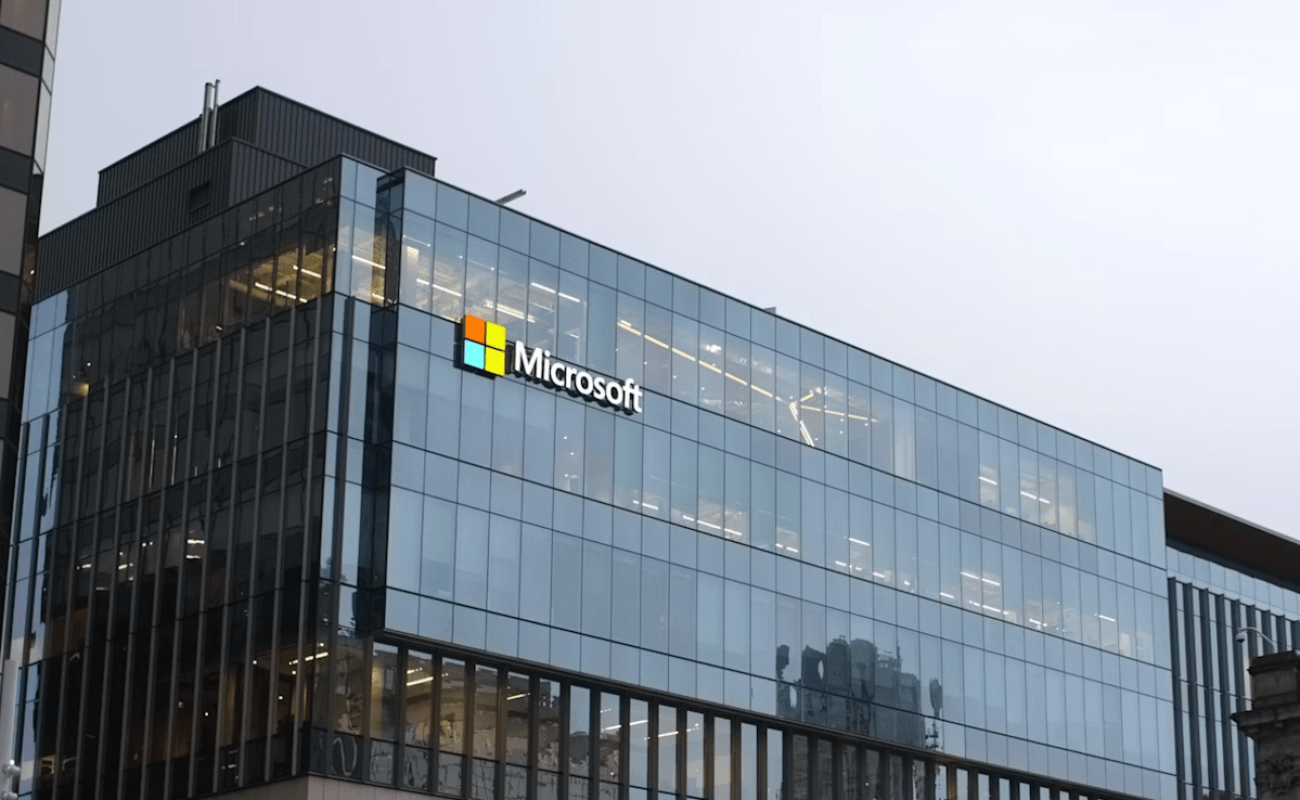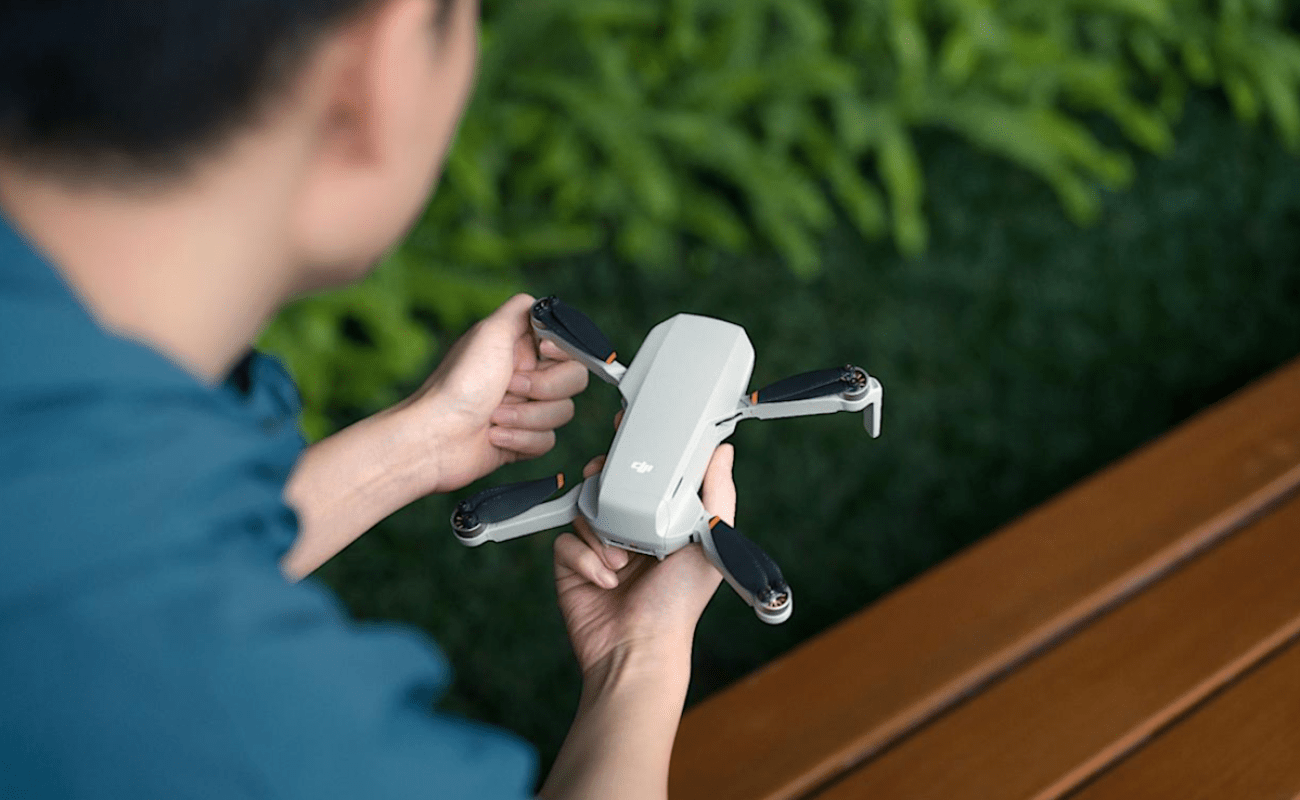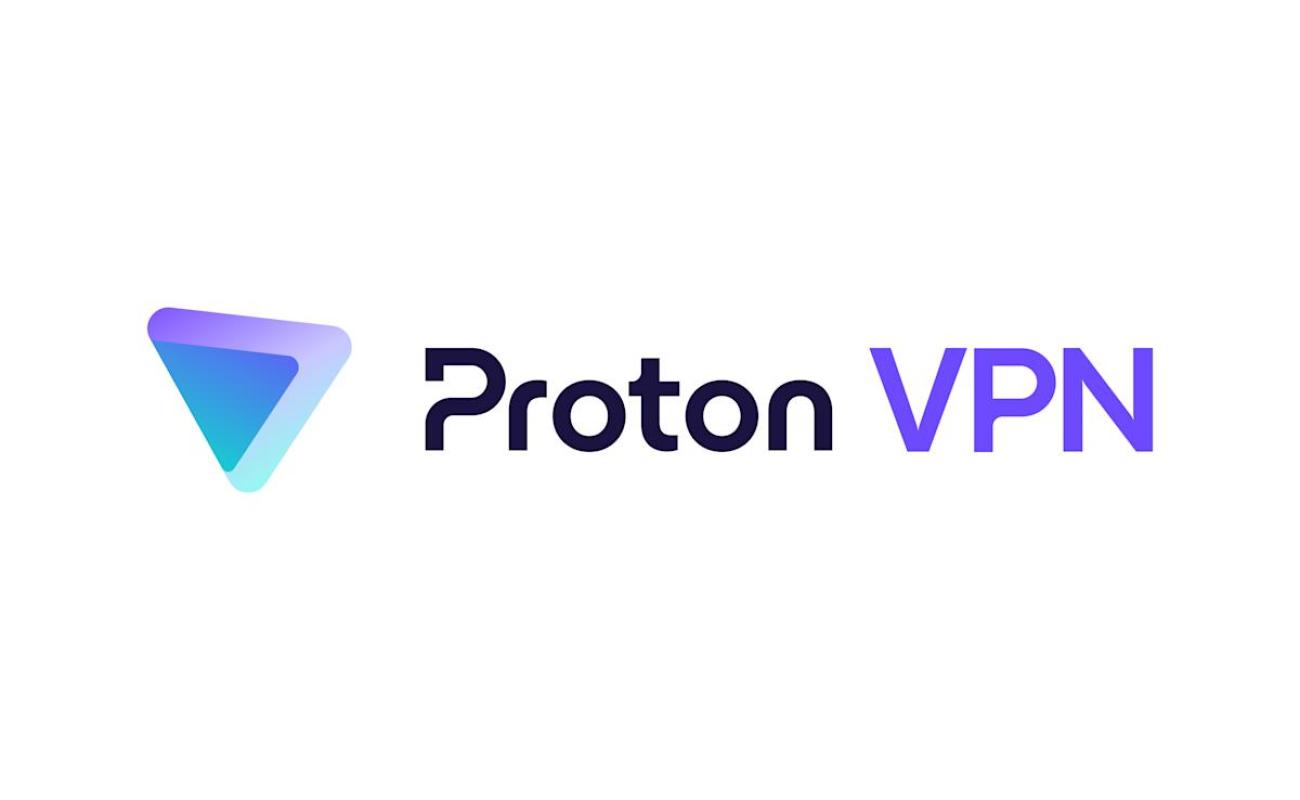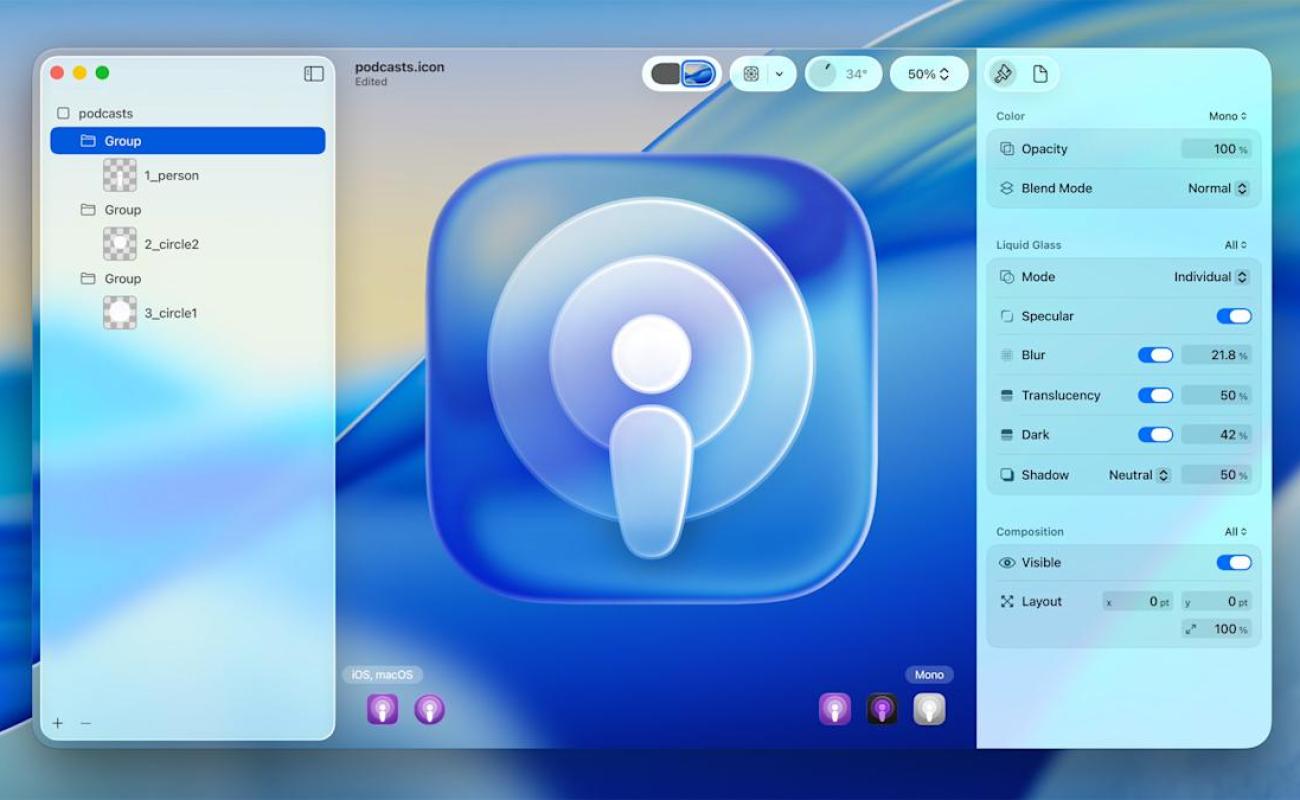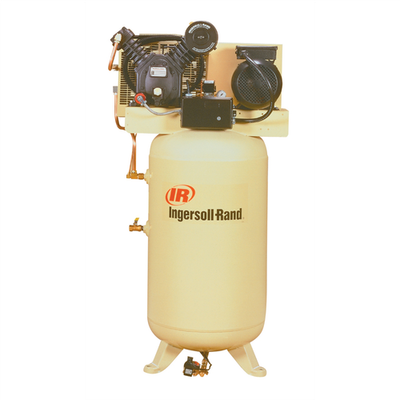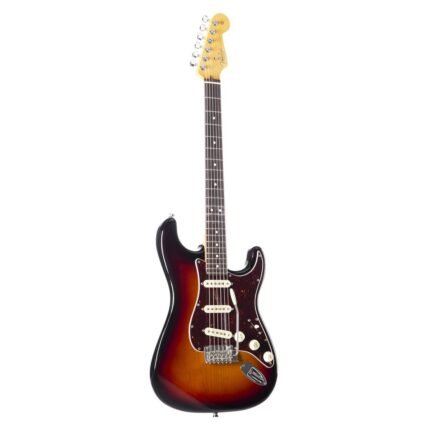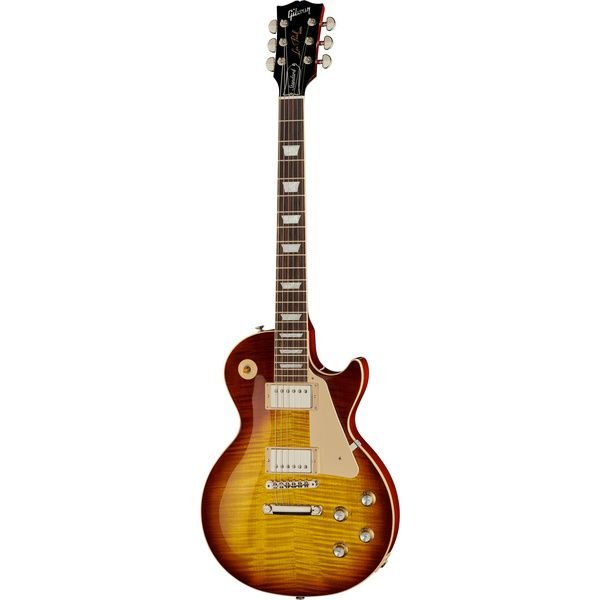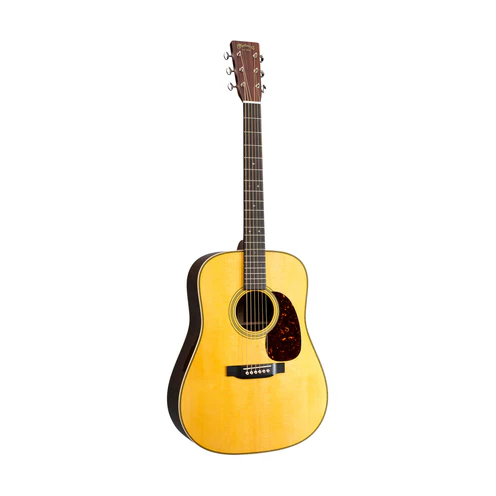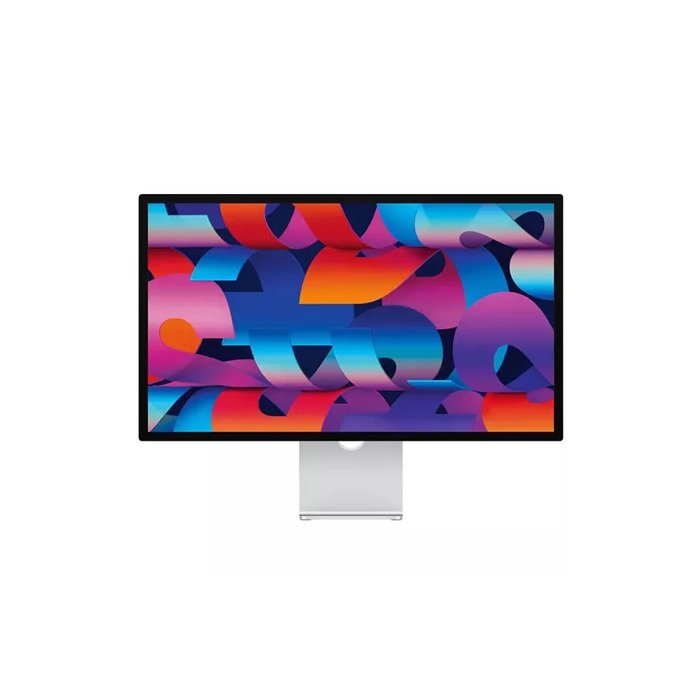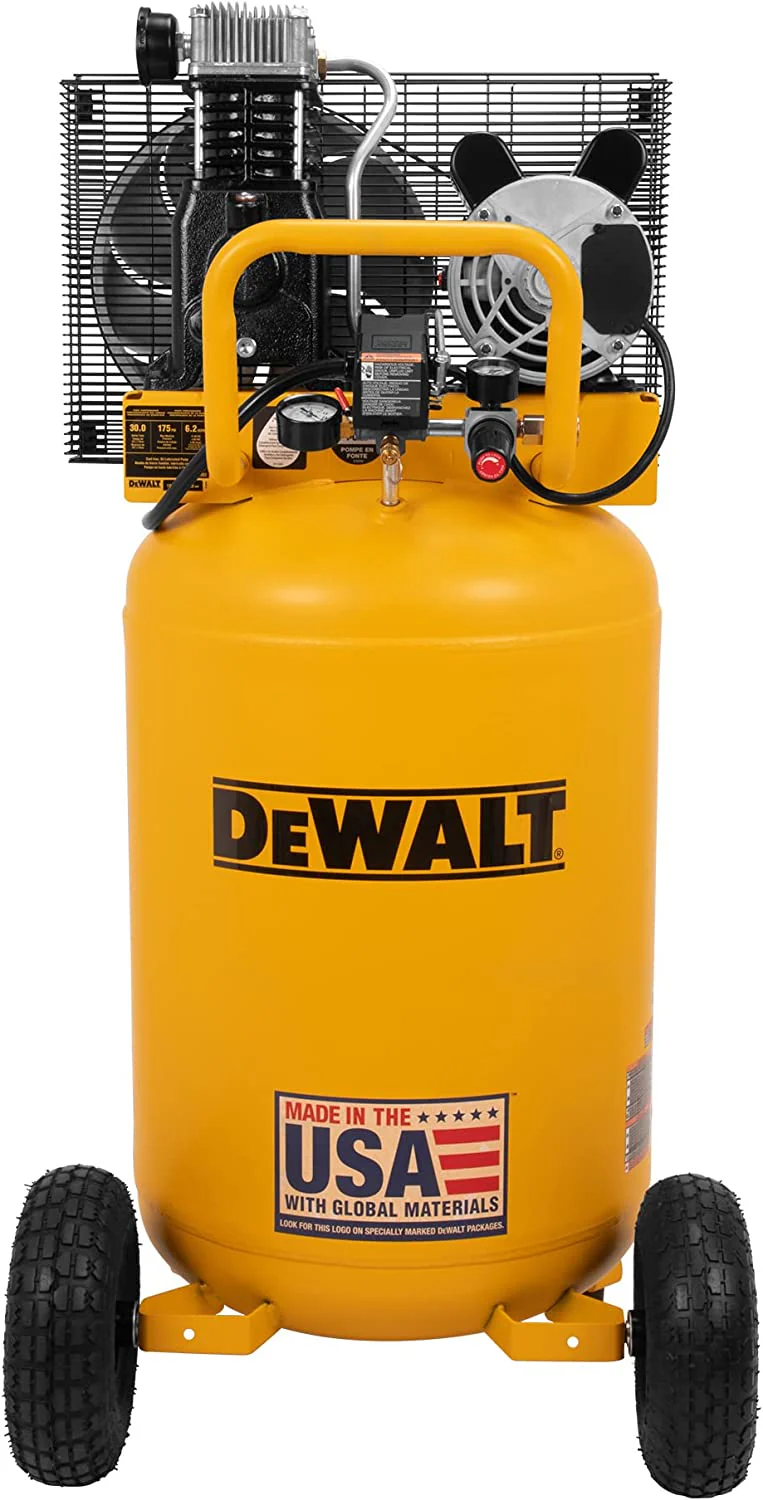The US Authorities says IP infringement is throughout NFT marketplaces
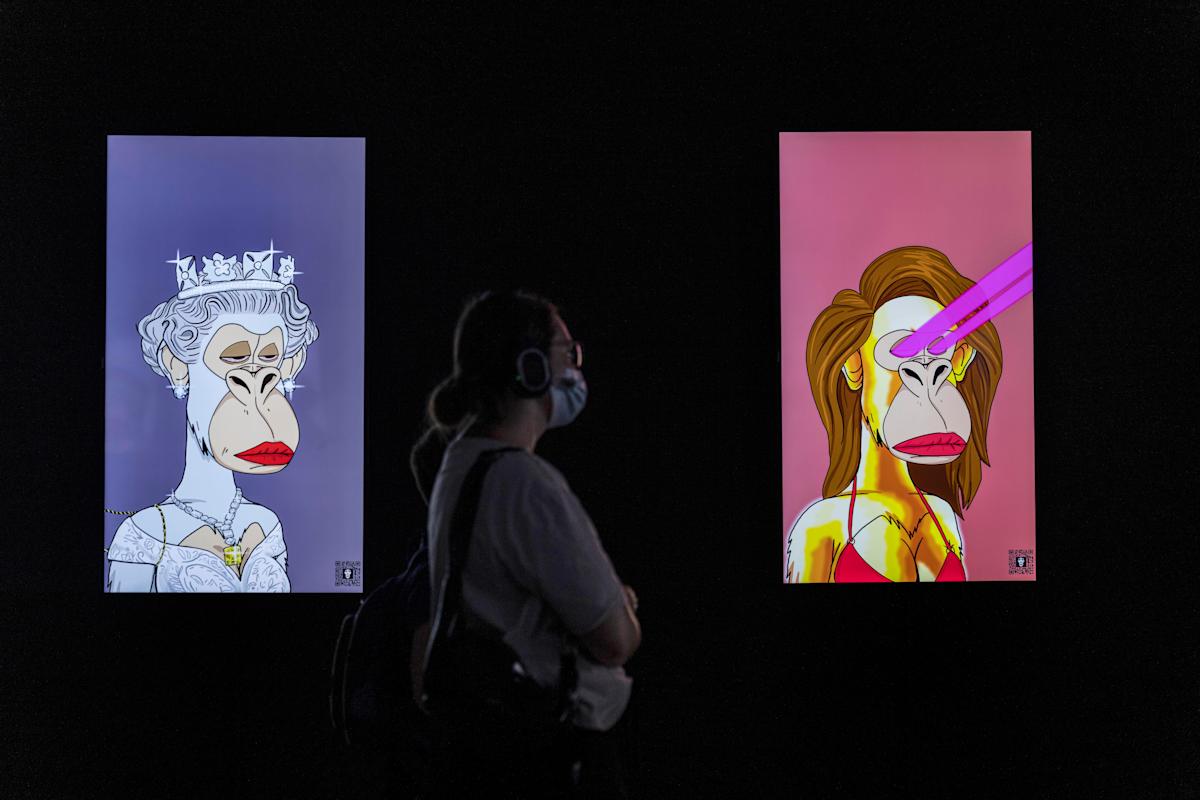
The non-fungible token (NFT) bubble burst fairly a while in the past, however the US Authorities has solely simply printed a report trying into the encompassing authorized framework. The research, carried out collectively by the US Copyright Workplace (USCO) and the Patent and Trademark Workplace (USPTO) following a 2022 request by the Senate, decided that present mental property legal guidelines are sturdy sufficient to take care of copyright or trademark infringement in NFTs. The companies additionally decided that though there are some advantages to the tokens, “trademark infringement and misuse is prevalent on NFT marketplaces.”
As a reminder, an NFT is a digital certificates of authenticity conferring possession of a collectible, corresponding to an art work or piece of music. It is successfully a verified hyperlink to a chunk of media which can or could not dwell on the blockchain, however whoever owns the vacation spot of an NFT’s URL can change the media it factors to at any time. In a single notable case in 2021, Sign founder Moxie Marlinspike created an NFT that he promised would seem like a poop emoji when somebody purchased it.
The workplaces famous that NFTs and related good contracts can support trademark house owners in managing, licensing and transferring IP rights. Those that weighed in on the problem in public feedback identified that NFTs may also help artists make cash from future gross sales of their work too. That is not inherently a foul factor, even when a big swath of NFT artwork is butt-ugly.
Nevertheless, the research famous “widespread concern that NFT consumers and sellers have no idea what IP rights are implicated within the creation, advertising and switch of NFTs and that NFTs could also be used to facilitate copyright or trademark infringement.”
The report notes that the decentralized nature of NFTs and blockchain networks complicates any makes an attempt to implement logos. “Whereas some particular person NFT platforms have developed protocols to assist trademark house owners implement their rights, there isn’t any centralized authority that requires all platforms to take action,” the report reads. “There are additionally no cross-platform mechanisms to permit trademark house owners to determine and take down infringing content material, settle trademark-related disputes involving blockchain-based domains, or affirm that sellers personal the trademark rights related to the belongings they provide.”
With all of that in thoughts, the workplaces stated that educating the general public about NFTs might assist guarantee a greater understanding and consciousness of the tokens and the way they work. Nonetheless, they really helpful of their report back to Congress that the present use of NFTs would not require adjustments to present IP legal guidelines. Additionally they famous that “incorporating NFTs into their registration and recordation practices shouldn’t be obligatory or advisable presently.” In different phrases, they do not assume they need to should take care of NFTs both.


